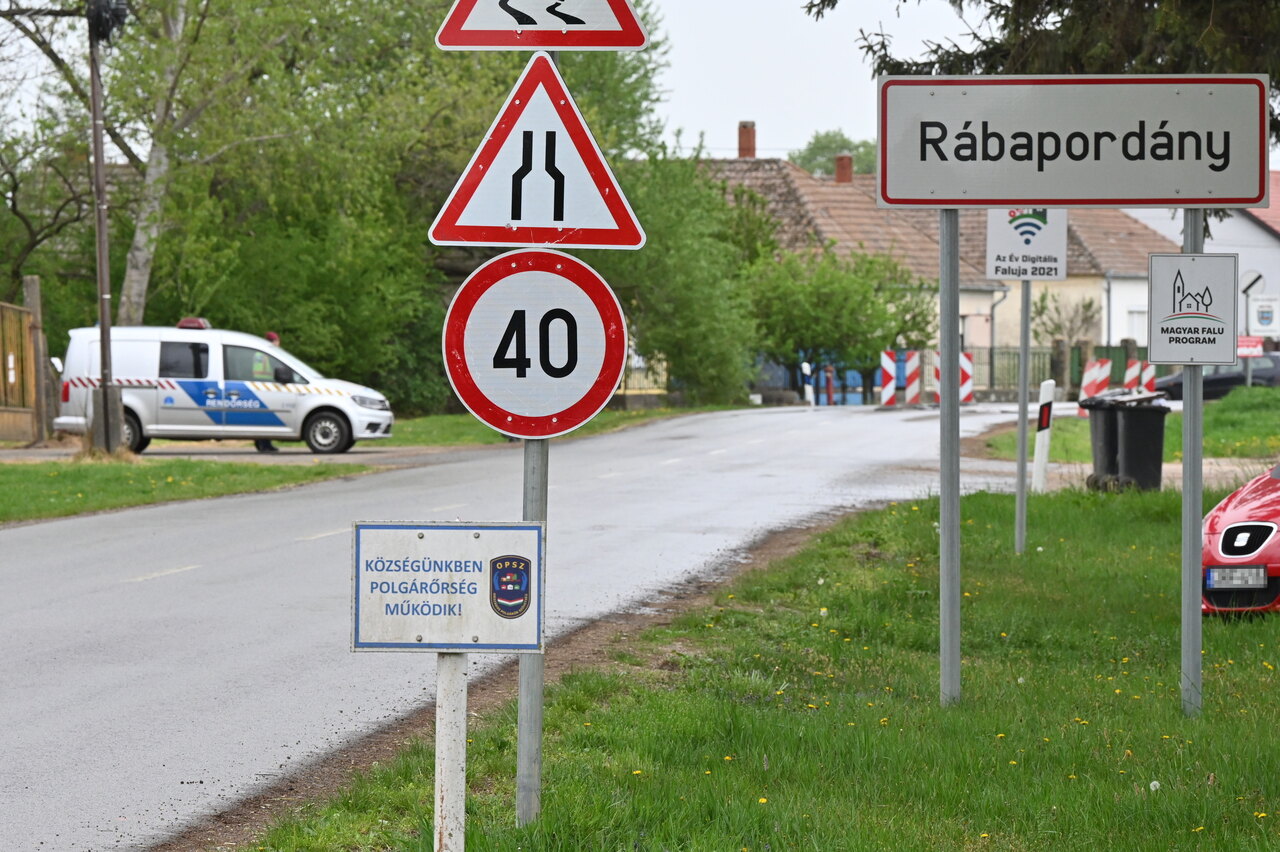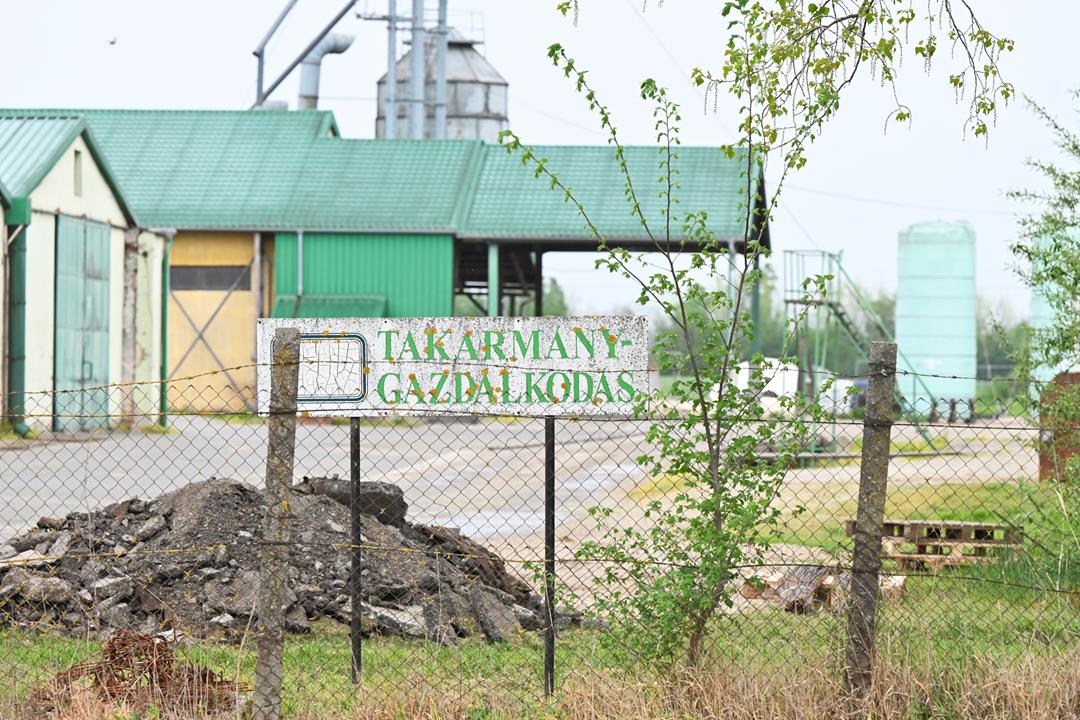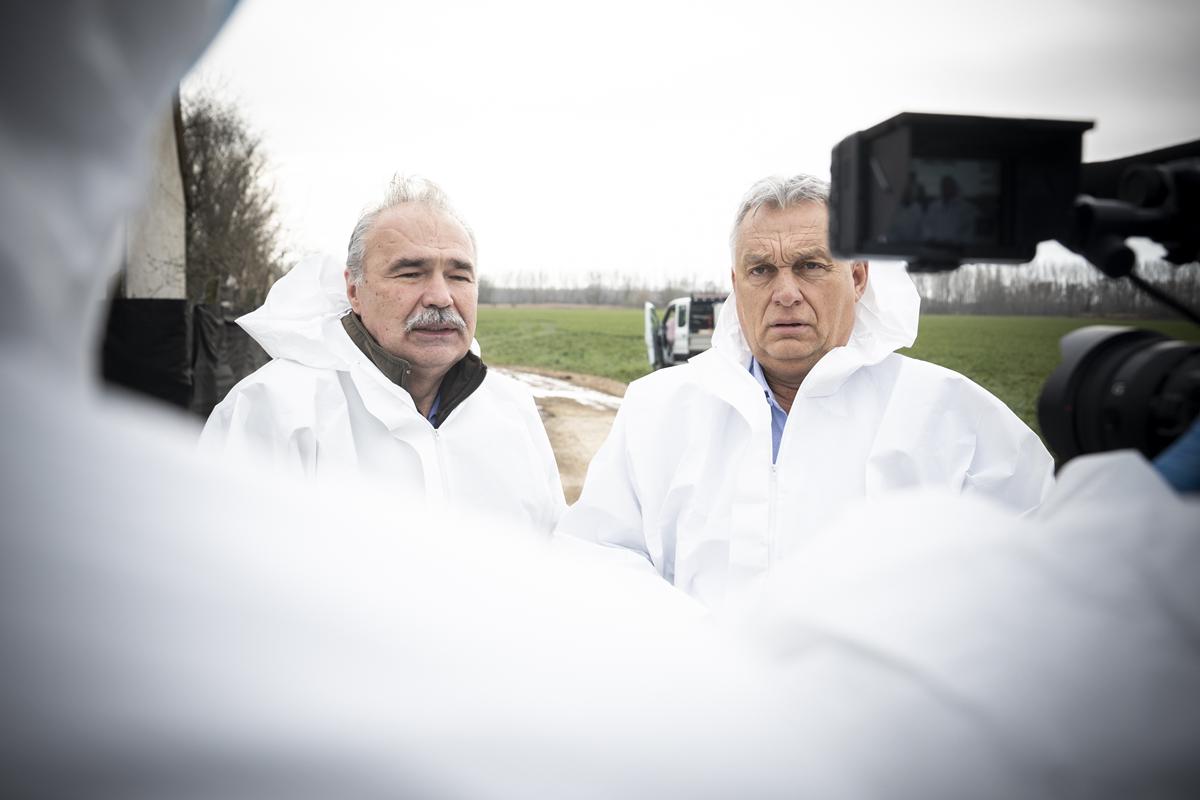Guest workers could bring a deadly virus back to Hungary, warns head of agricultural company – UPDATED

Szabolcs Bóna, director of Rábapordány Agricultural Co., says Turkish guest workers may bring the virus back this summer, as foot-and-mouth disease is currently spreading rapidly in Türkiye. The farm suffered devastating losses from this year’s outbreak, and the promised government assistance has yet to arrive. He also reported drone activity over the estate at the height of the outbreak and has filed a formal complaint.
Bóna warns Turkish guest workers may reintroduce virus
Foot-and-mouth disease is spreading aggressively in Türkiye, prompting local authorities there to impose strict containment measures. The virus resurfaced in Hungary this spring after a 52-year absence, causing widespread damage to farms and triggering heated local disputes—especially around the reopening of mass animal burial sites.
Zoltán Bóna, director of Rábapordány Agricultural Co., said his guest workers are due to return to Türkiye shortly. Upon returning to Hungary, he fears guest workers could reintroduce the disease through food products made from infected animal materials.
Earlier, Hungarian agricultural economist György Raskó suggested that guest workers might have introduced the FMD virus to Hungary.

Bóna described in detail the extensive measures taken at their facilities when outbreaks loomed nearby and in Slovakia. According to him, even the National Food Chain Safety Office (Nébih) acknowledged that the company did everything it could. Despite this, the virus appeared at their site, forcing the culling of 10,000 pigs and 875 cattle.
Drone activity over the farm
Bóna has a theory on how the virus may have reached Rábapordány. In early April, a witness reported drone activity over the farm. Based on this, a report was filed with the National Bureau of Investigation.
He lamented that, despite numerous government promises, his farm hasn’t received a single forint in compensation for what he estimates to be billion-forint losses. The case is being handled by the government office, where progress has been painfully slow. Immediate financial aid could have helped them recover more quickly, he noted. Instead, they have had to sell off their livestock during negotiations, while farms in Kisbajcs only just received partial compensation decisions last week.

Delayed compensation
Bóna believes much of the anger over the reopening of animal burial sites could have been avoided if local residents had been properly informed. He also criticised the government’s so-called rescue measures—such as the wage guarantee fund—for being ineffective, citing legal loopholes, and said some government announcements amounted only to PR stunts with no real help.
In conclusion to his interview with Szeretlek Magyarország, Bóna noted that the market may be stabilising, but price increases are likely here to stay—even with a glut of pork now hitting the market. Full reopening will come at the end of July when Hungary regains its foot-and-mouth disease-free status. After that, there will be no restrictions on live animals or meat imports. The lingering concern, however, is whether consumer trust has been restored—and whether the virus might still find its way back to Hungary from abroad.

UPDATE: Government to launch complex support programme for farmers hit by FMD
The Agricultural Ministry is starting public consultations on a complex support programme for farmers directly impacted by earlier outbreaks of foot-and-mouth disease. The government’s priority goal is to compensate affected farmers and encourage them to replace livestock that was destroyed due to the disease and to continue their livestock farming activities.
In addition to compensation, the support scheme will also include a non-refundable grant of up to HUF 50m for disease control upgrades on farms, subsidies for rearing heifers, the state committing to pay the salaries of employees on the affected farms from its wage guarantee fund and targeted subsidised credit using the Széchenyi Card credit for farmers.
Read also:
- Mosquitoes in Hungary may spread extremely dangerous tropical diseases
- Hungary’s hidden success story: Beating one of the world’s most contagious livestock diseases
To read or share our article on guest workers in Hungarian, click here: Helló Magyar
Click for more news concerning animals.







